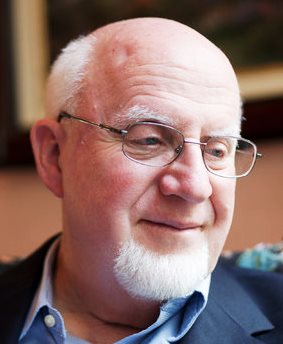
A gracEmail subscriber understands that the word “Christ” in the phrase “Jesus Christ” is a title and not Jesus’ last name. She knows that “Christ” is the Greek equivalent of the Hebrew word Messiah, which means “anointed.” Now she wonders whether first-century Jews in Palestine expected one specific Messiah at the End, or looked for several “anointed” ones.
* * *
It was widely held among the Jews of Jesus’ day that God would anoint one or more special persons through whom he would vindicate his faithful people and punish the oppressors who occupied their land. The Jewish scriptures used the title messiah for anyone who was anointedusually a prophet, priest, or king. In Deuteronomy 18, God promised to send Israel another PROPHET like Moses. This promise likely referred originally to anyone whom God raised up as his mouthpiece to Israel, but in time the promised prophet was viewed as a specific End-time messianic figure. The New Testament identifies Jesus as the promised “prophet like Moses” (Acts 3; Heb. 1).
King David had wanted to build a house (Temple) for God, and God had denied his request. Instead, God would build David a house or royal dynasty (2 Sam. 7:11-13). In time, this prophecy and others like it created an expectation that a messianic KING from Davids lineage would restore Israels sovereignty and extend Gods influence throughout the earth. The New Testament quotes two Psalms of this sort and applies them to Jesus (Psalm 2 and Psalm 110).
Finally, the Old Testament hinted at a messianic PRIEST, most mysteriously in a priest-king named Melchizedek. We first meet Melchizedek in the story of Abraham, approximately 2,000 B.C. (Gen. 14). The mysterious priest-king of Jebusite Salem (Jebu-salem, later Jerusalem) is not mentioned again in scripture for a thousand years, when he is named in an oracle found in Psalm 110:4. He then disappears from scripture for another thousand years, although he is a subject of speculation by the rabbis, by Hellenistic Jewish authors Philo and Josephus, and in the Dead Sea Scrolls.
Melchizedek is discussed at some length in Hebrews, whose author takes a special interest in Psalm 110, especially verses one and four. Psalm 110:1 features a royal messianic figure who is enthroned by God himself. Psalm 110:4 is an oracle to a priestly messianic figure of whom Melchizedek is said to be a type. Again both texts are seen as fulfilled in Jesus. Indeed, Jesus embodies the fullness of messianic expectation as the “anointed” one–including the three key roles of prophet, king, and priest.